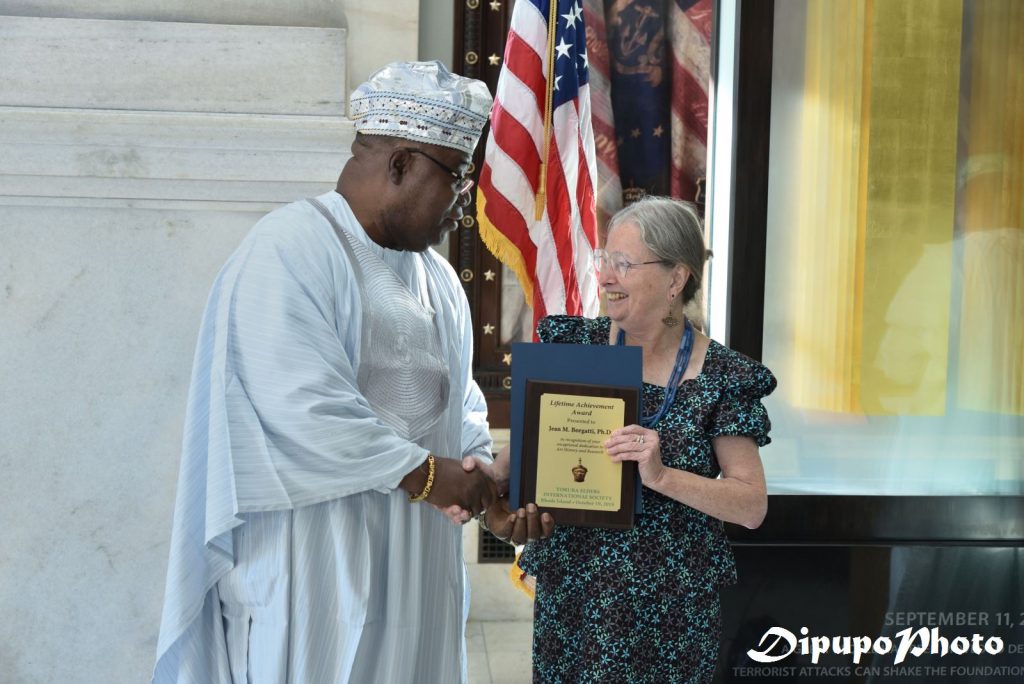We are happy to announce our new ACASA board. Congratulations to all incoming board members. We wish them exciting times!
President: Peju Layiwola (rotating from Vice President)
Past President: Peri Klemm (rotating from President; outgoing: Shannen Hill)
Vice President: Elizabeth Perrill (outgoing: Peju Layiwola)
Secretary: Candace Keller (outgoing: Cynthia Becker)
Treasurer: Kris Juncker (outgoing: Rachel Kabukula)
Webmaster: Kehinde Shobukonla (outgoing: Nadine Siegert)
Newsletter Editor: Kristen Windmuller-Luna (outgoing: Fiona Siegenthaler)
Social Media Editor: Amanda Maples (outgoing: Brenda Schmahmann)
Remaining on the board until ASA 2022 are:
Erica Jones, Website Editor
Olubukola Gbadegesin, CAA Liaison


